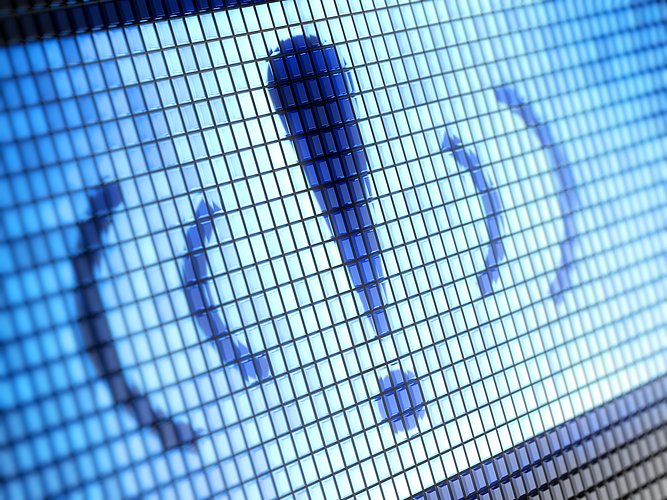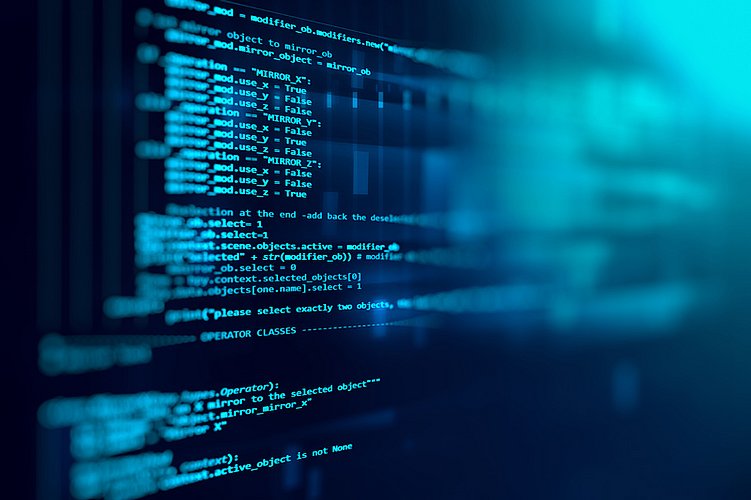Covert checks as a data protection breach in unfair dismissal proceedings
Update Data Protection No. 170
The use of data obtained from an access control system on the basis of a personalized transponder (chip) regarding coming and going is not permitted. This applies in any case if the access data is recorded without the knowledge of the employees.
This was decided by the Higher Labor Court of Saxony (LAG) in its ruling of July 6, 2023 (Ref. 4 Sa 73/23).
Background
The parties disputed the validity of an extraordinary, or alternatively ordinary, dismissal based on allegations of working time fraud. The start and end of working hours and break times were recorded at the employer's premises at a fixed time recording terminal using a personalized transponder (chip). The transponder also served as a personalized, electronic access key to the company premises for a turnstile at the building entrance. The defendant had a company agreement on the recording of working time. The company agreement stipulated, among other things, that the start and end of working hours and break times were to be recorded on the time recording terminal. Interruptions to working hours, such as smoking breaks, were also to be recorded on the time recording terminal in accordance with the provisions of the company agreement. The employer's management received an anonymous tip-off that the plaintiff regularly clocked in at the time recording terminal after her break, but then took a smoking break in front of the building entrance without logging out of the time recording system. The employer took this information as an opportunity and, with the consent of the works council, compared the data from the time recording terminal with the access data at the turnstile. The analysis showed that the plaintiff had obviously taken three to six short smoking breaks a day in front of the building entrance, but had not booked them in the time recording system. The employer then based its dismissal on the result of the evaluation of the data obtained using the transponder.
Reasons for the decision
The Chemnitz Labor Court had already upheld the action for protection against dismissal. The judgment was also upheld in the appeal proceedings before the LAG. According to the LAG, the employment relationship was not effectively terminated by the dismissal at issue.
The use of the data obtained by using the transponder (chip) at the turnstile for evidence purposes was inadmissible. The LAG considered the collection of personalized data at the turnstile to be a violation of the General Data Protection Regulation (GDPR). In addition, the collection, storage and processing of the access data at the turnstile constituted a violation of the plaintiff's right to informational self-determination. The employer had not complied with its duty to provide information in accordance with Art. 13 and 14 GDPR and Sections 32 and 33 of the German Federal Data Protection Act (BDSG). It was not apparent to the plaintiff that the transponder (chip) issued to her would record and also store the times at which she entered and left the company premises at the turnstile. Although the defendant had informed its employees that data was collected via the transponder at the time recording terminal, it had not disclosed that data was also collected via the turnstile. The exceptional circumstances of Section 33 (2a) BDSG could not justify the secret data collection either, as there was no suspicion of working time fraud by the plaintiff at the time of the data collection.
The LAG also took the view that processing and use of the data in this case would not have been permissible even if the data had been collected lawfully and covertly. According to Section 26 (1) sentence 2 BDSG, personal data of employees may only be processed in the event of a concrete initial suspicion of a criminal offense if the data processing and use is proportionate in the individual case. This was not the case here. The LAG emphasized that personalized access control data may only be read, processed and used as a "last resort". In the opinion of the court, the employer in the present case had milder means at its disposal to detect, punish and prevent the breach of employment duties in question in the future. In particular, the employer should have first heard the plaintiff after receiving the anonymous tip-off and confronted her with the allegations, according to the LAG.
Conclusion:
At first glance, the ruling appears to contradict the BAG's most recent case law. This is because the BAG recently ruled with a "bang" in its judgment of 29.06.2023 - 2 AZR 296/22 that data protection is not the protection of perpetrators and rejected a ban on the use of evidence in the case of open but non-compliant video surveillance. In this context, however, the BAG also clarified that the ruling is not a free pass for data protection violations, but that it always depends on a case-by-case assessment.
While the BAG ruled on the usability of data from overt video surveillance, the data collection in this case was covert. In general, the requirements for covert employee monitoring are significantly higher than for overt surveillance, as it involves a massive encroachment on the personal rights of employees. In this respect, the decision of the LAG is comprehensible and logical, as it takes up this principle and carries out a particularly careful proportionality test.
The ruling is probably less pleasing for employers. The extraordinary dismissal was not effective in this case, although the working time fraud was clearly demonstrable.
Employers are therefore still, and all the more so, required to provide evidence of the reasons for extraordinary termination in a manner that is permissible under data protection law and to document this. Properly informing the employees about the data processing in the company in accordance with Art. 13 GDPR alone would probably have led to a different decision in this case.

![[Translate to English:]](/fileadmin/_processed_/5/5/csm_Muench__Antje_print_081515a47d.jpg)
![[Translate to English:]](/fileadmin/_processed_/0/3/csm_Bart__Carina_print_59bbf91880.jpg)









